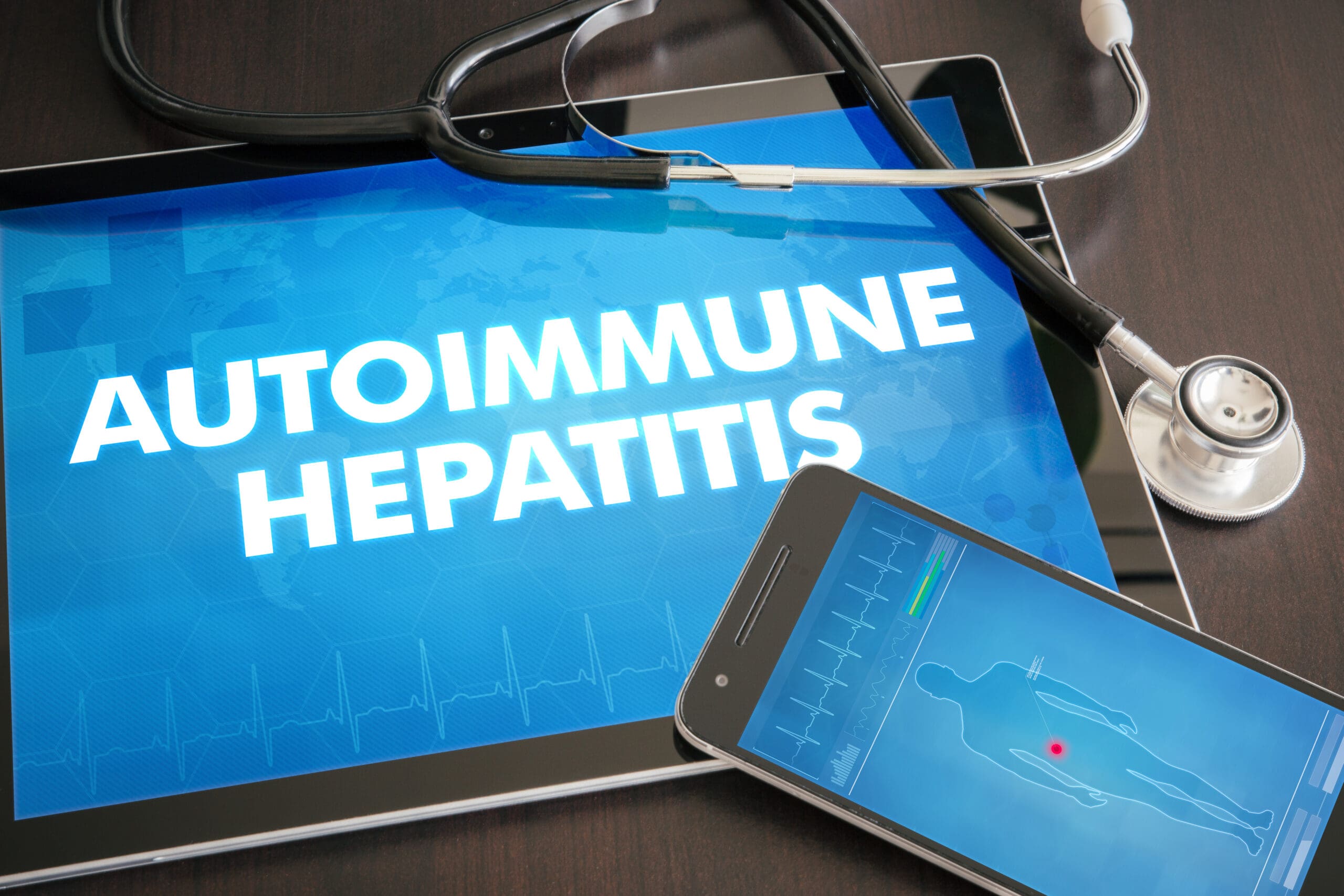Autoimmune hepatitis: When the immune system attacks the liver
By naturopath Margaret Jasinska
When most people think of hepatitis, they think of the viral infections hepatitis A, B or C. These liver infections are common but hepatitis can be caused by other factors. The word hepatitis means inflammation of the liver. Sometimes the immune system can attack a person’s own liver cells and this is called autoimmune hepatitis.
Autoimmune hepatitis may cause mild, vague symptoms such as fatigue, indigestion, insomnia, abdominal discomfort and itchy skin. Sometimes the disease is aggressive and can cause extreme symptoms, including jaundice. The condition is more likely to occur in people with other autoimmune diseases, particularly thyroid conditions, coeliac disease, vitiligo, ulcerative colitis and Sjogren’s syndrome.
Your liver does an enormous number of important jobs in your body, and is the second largest organ in your body (your skin is your largest organ). Therefore, autoimmune hepatitis can have a profound negative impact on your health.
Autoimmune hepatitis may present with elevated liver enzymes in a blood test for liver function. People with this condition also produce auto-antibodies against liver cells and high levels of a protein called gamma-globulin; these can both be checked via a blood test. Autoimmune hepatitis most commonly develops during adolescence or early adulthood. The most common medical treatment involves use of oral steroids (prednisone) and immuno-suppressant drugs. These drugs can be very effective for reducing inflammation in the liver, but they can have terrible side effects if they are taken long term. The bio-identical hormone called Pregnenolone in a dose of 100 mg capsules taken twice daily may be very helpful and is safe, and requires a doctor’s prescription.
My recommendations for autoimmune hepatitis
- Gluten and dairy products should be eliminated from the diet. These foods raise inflammation in the body and promote auto-antibody production. Other foods that promote inflammation and should be minimized or avoided include sugar and alcohol. The diet should be based on vegetables, fruits, seeds and nuts, protein and good fats. Suitable sources of protein include fish, poultry, eggs, meat, nuts and seeds. Good fats are found in foods such as avocados, extra virgin olive oil, coconut oil, along with the fat from pastured animals and wild caught fish. Fermented foods such as kefir, coconut yogurt, kim chi and sauerkraut can improve immune function. Some people with severe dysbiosis cannot handle fermented foods initially.
- Drink raw vegetable juices regularly. Juices are an extremely concentrated and easy to digest source of vitamins, minerals and antioxidants.
- Nutrient deficiencies are extremely common among people with autoimmune disease and people with liver disease, due to poor gut health and liver inflammation. Ask your doctor for a blood test for vitamin D, iron and vitamin B12.
- There is a great deal of helpful information about autoimmune disease in our book titled Healing Autoimmune Disease: A plan to help your immune system and reduce inflammation.
These recommendations are additional ways for helping the liver and immune system. Please always see your doctor for a correct diagnosis, and do not discontinue taking any prescription medication without discussing the matter with your doctor.









Leave A Comment